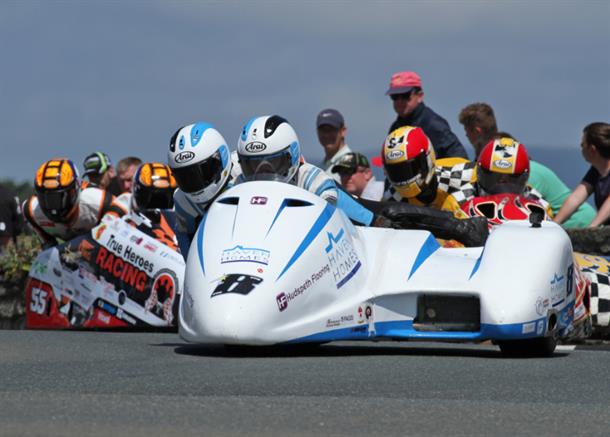The Isle of Man TT: Prioritizing Rider Safety and Well-being
The Isle of Man TT, one of the most prestigious and dangerous road racing events in the world, is taking a proactive approach to enhancing the safety and well-being of its competitors. The new initiative, crafted in collaboration with the Manx Roadracing Medical Services (MRMS), aims to address the physical and mental health of riders participating in the TT.
Adapting to Increasing Speeds
As the speeds achieved on the 37.75-mile Mountain Course continue to increase, with last year’s record-breaking lap of 136.358mph, the event organizers recognize the need to ensure riders are physically and mentally prepared to tackle the treacherous circuit. The TT has long been revered for its unique spectacle, attracting a diverse range of competitors from top-level professionals to plucky privateers. However, the organizers now understand that maintaining this allure requires a systematic approach to reducing avoidable risks.
Comprehensive Medical Assessments
Starting in 2025, all TT competitors will undergo a comprehensive on-event medical assessment by the event’s medical officer prior to practice week. This is in addition to the existing requirement of submitting a medical report from their personal physician. The MRMS will also provide pre-event guidance to aid riders in their physical and mental preparations.
“The speeds competitors are achieving around the TT Course requires tremendous mental and physical strength,” and the collaborative efforts to support rider health are driven by their best interests.
- Gary Thompson, Clerk of the Course
Pilot Scheme and Data Collection
A pilot scheme of this new medical initiative will be introduced this year, with a select group of volunteer riders undergoing a range of tests to monitor factors such as lactate levels, blood glucose, heart rate, and grip strength. The data collected will help inform the development of enhanced medical standards and rider welfare protocols for the event.
Investing in Rider Welfare
According to the TT’s chief medical officer, Dr. Gareth Davies, this proactive approach to sports science and rider health is crucial to “further the work aimed at removing avoidable risks” at the iconic road race. The investment in on-site medical infrastructure, including improved physiotherapy services, will also contribute to the newly established Rider Welfare Centre.
Embracing Change for the Future
While some may view this as a departure from the TT’s gritty, uncompromising reputation, the organizers maintain that it is a necessary step to ensure the event’s future. As the world of road racing faces mounting challenges, the Isle of Man TT’s commitment to evolving with the times and prioritizing rider safety may position it as an industry leader. This innovative medical initiative could serve as a model for other domestic road racing events, further enhancing the sport’s overall safety and sustainability.
🔗 Source




